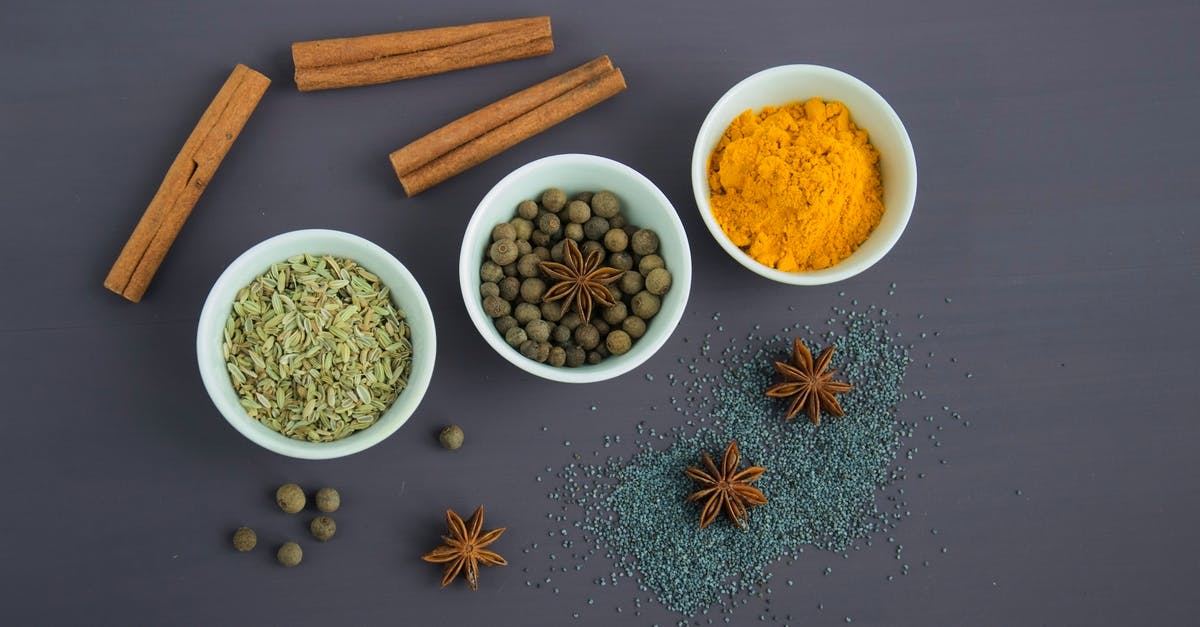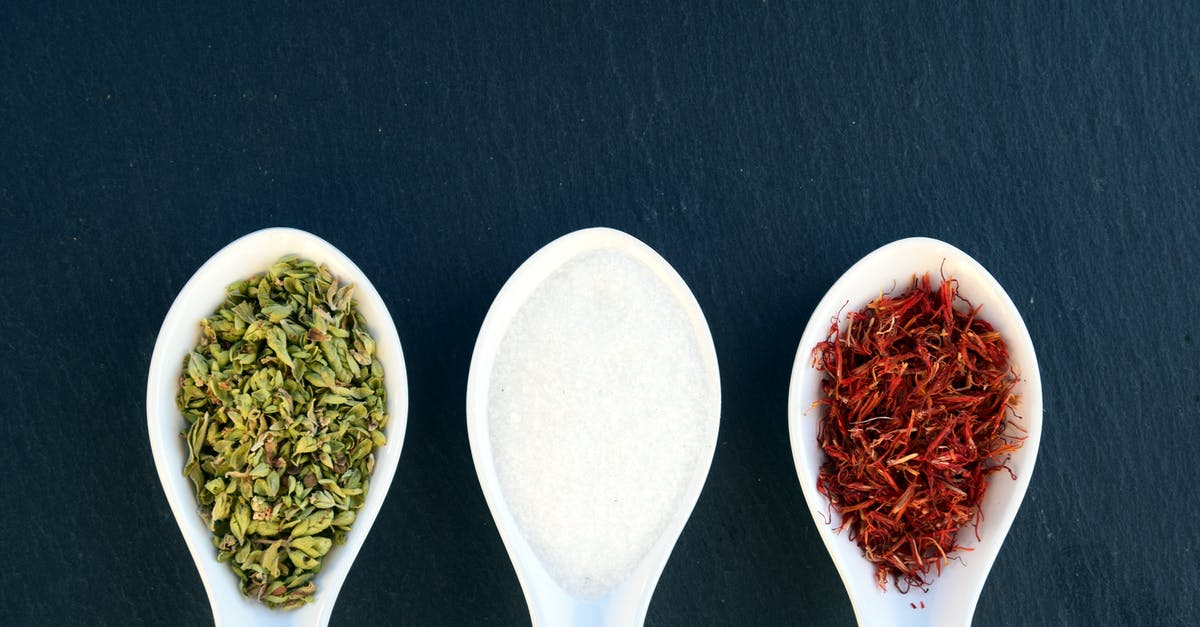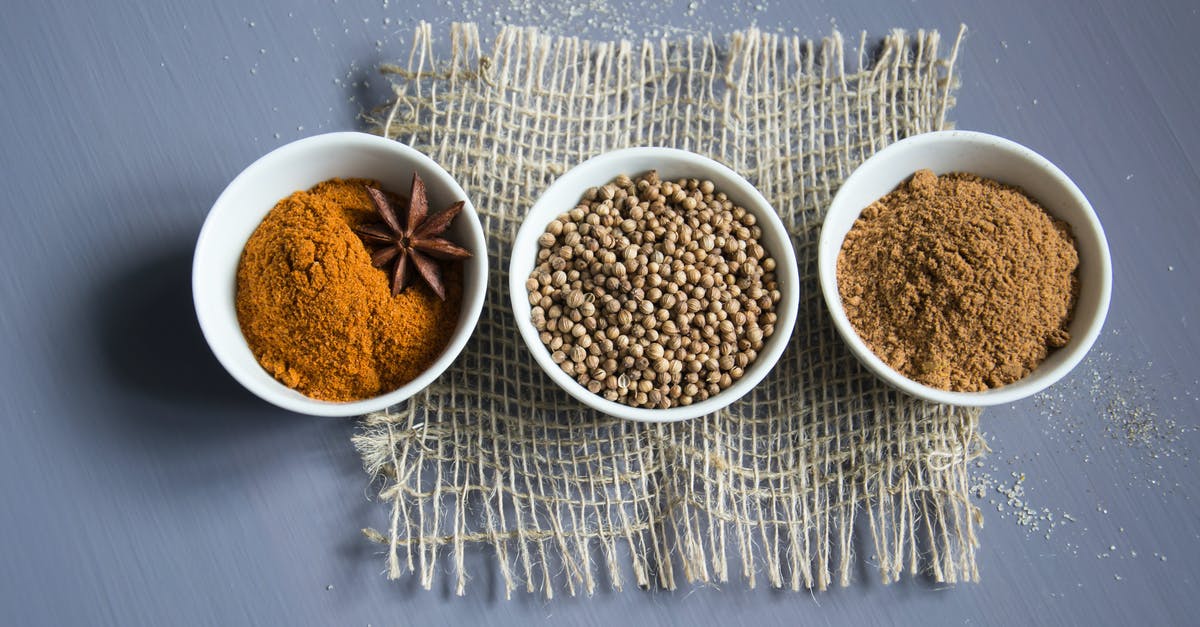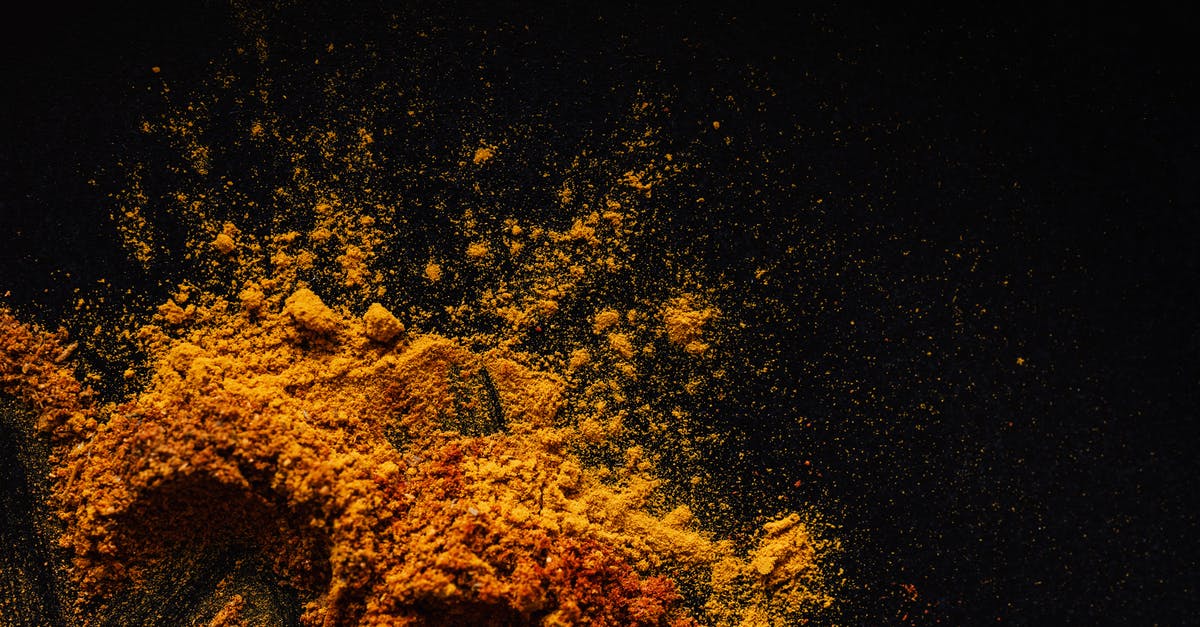Are "non-fat" condiments as effective as full-fat versions at reducing spiciness?

Nice creamy condiments are known to reduce the effect of spicy foods, such as sour cream on Tex-Mex food. I have a pretty low tolerance for spiciness, so I often need to put a glop or two of sour cream on what I'm eating. Would switching to low-fat sour cream (to reducing fats) still have the same spice-reducing effect?
Best Answer
It's the fat that actually cuts the spiciness - see my answer on making a sauce less spicy/hot. When you're dealing with the type of spiciness that's reduced by cream (generally capsaicin), it's pretty safe to assume that it's fat-soluble, and the same principles apply when you're using the "reducer" as a condiment vs. including it in the recipe.
There's certainly a possibility that certain non-fat/low-fat substitutes will work, but it's going to be luck of the draw; it depends on how they're made. Alcohol in general is almost as good as fat at cutting spice (sometimes better), but that's not going to be a common ingredient in these products. Generally they'll have a bunch of emulsifiers and other E-numbers to maintain their consistency, not many of which (possibly none) have any documented relationship with capsaicin or its like.
Low fat (as opposed to non-fat) might be fine because it still contains some fat. "Light" sour cream is typically still 5-10% fat and would probably still work pretty well, if not quite as well as full-fat. But don't expect any miracles from non-fat products.
Pictures about "Are "non-fat" condiments as effective as full-fat versions at reducing spiciness?"



20 Foods That Have Almost 0 Calories
Sources: Stack Exchange - This article follows the attribution requirements of Stack Exchange and is licensed under CC BY-SA 3.0.
Images: Mareefe, Pixabay, Mareefe, Karolina Grabowska
